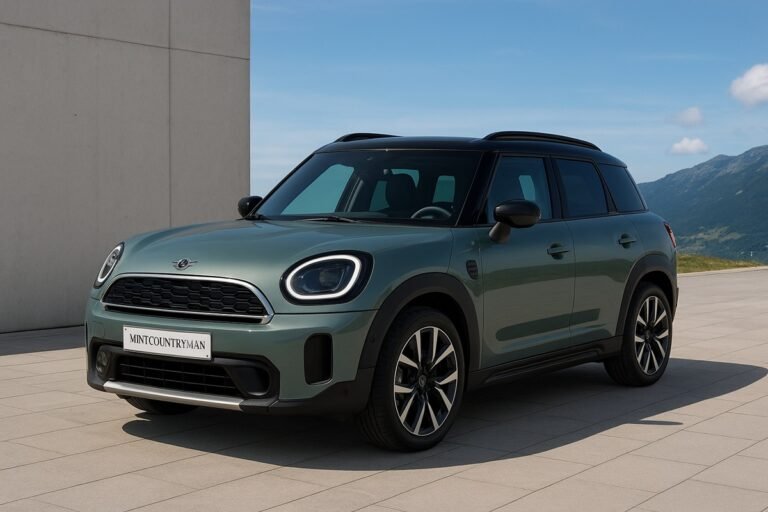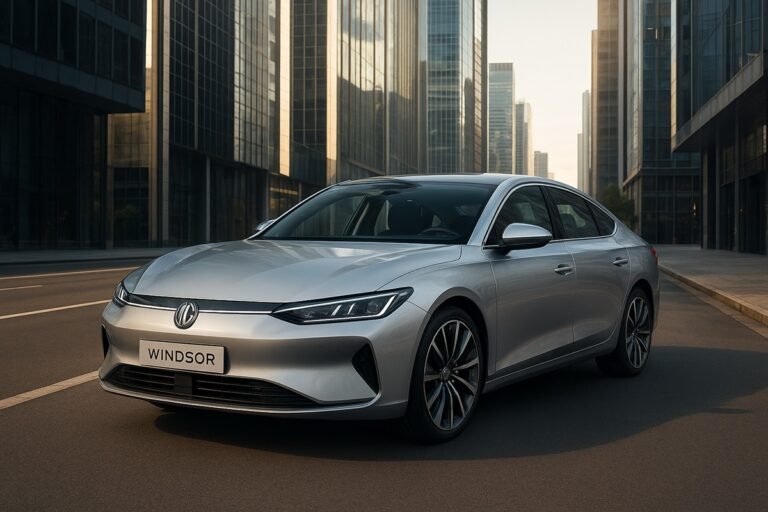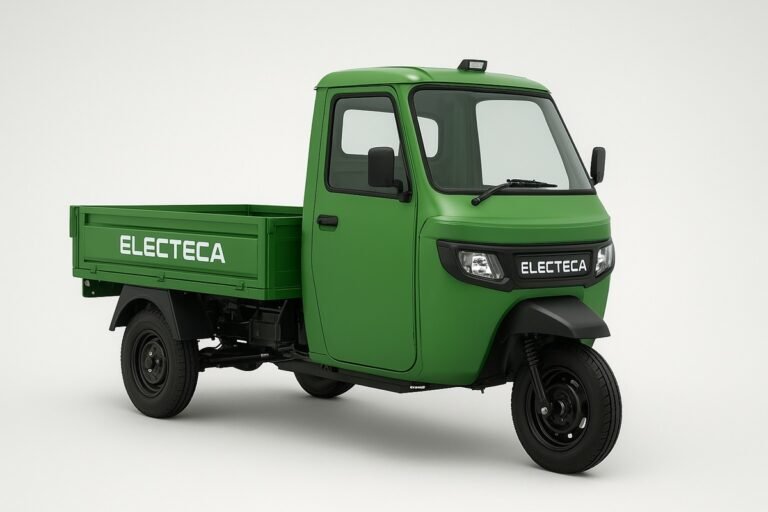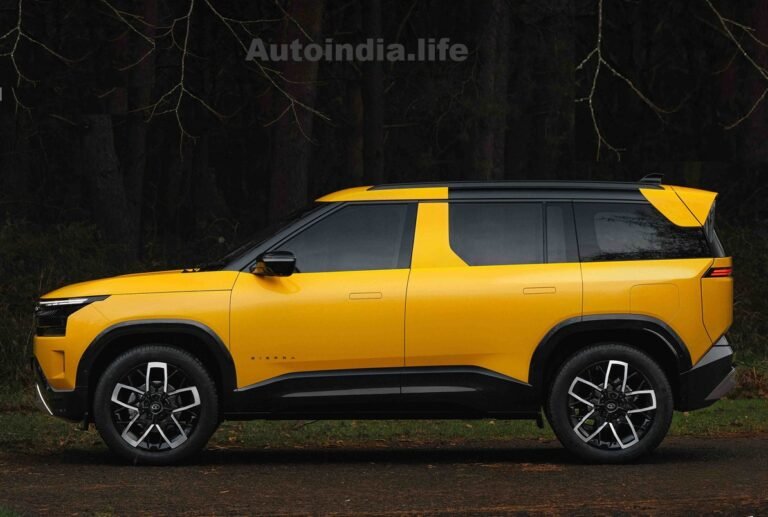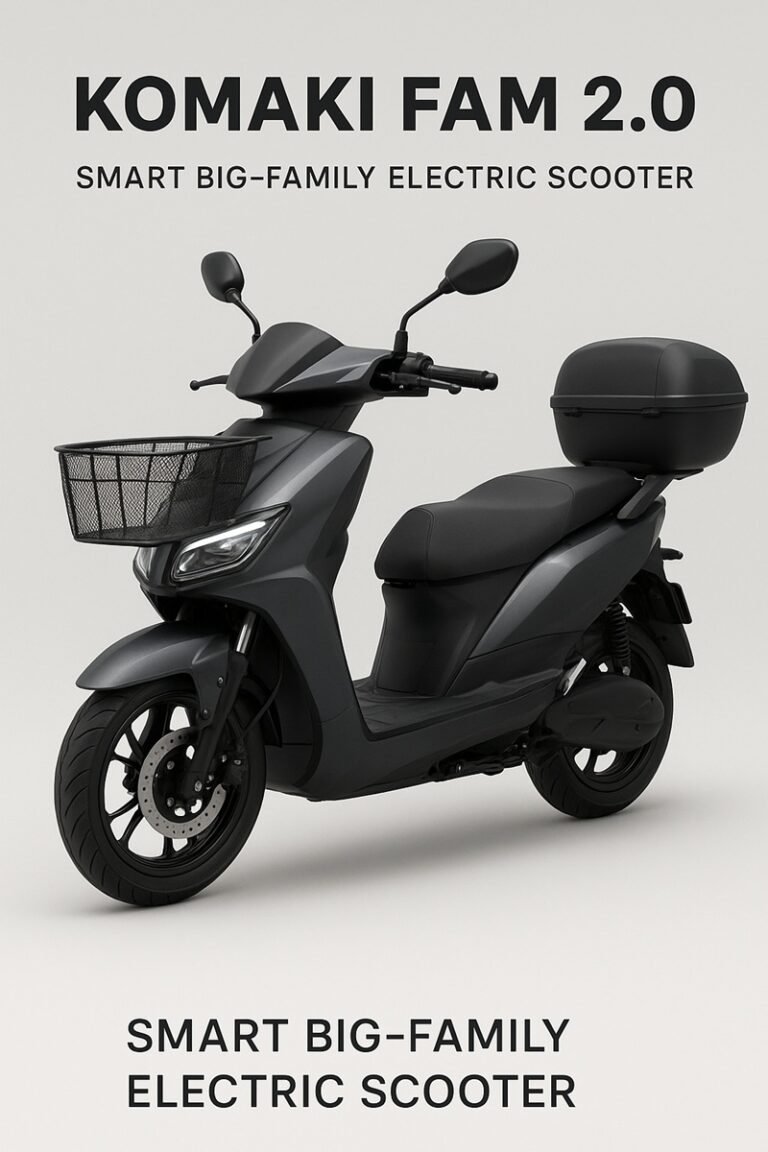
Tata Nano Car Price In India Start Rs 2.05 Lakh To 2.97 Lakh.
The Tata Nano was a compact city car developed by the Indian automaker Tata Motors, first launched in 2008. It was designed with the goal of creating an affordable, reliable vehicle for the masses, aiming to become the world’s most economical car. Ratan Tata, then-chairman of Tata Motors, envisioned the Nano as an entry-level vehicle for families who previously relied on two-wheelers for transport.
Key Features and Specifications
- Affordability: Initially priced around ₹100,000 ($2,000 at the time), the Nano was marketed as the “world’s cheapest car.”
- Design and Engineering:

-
- Compact Dimensions: The Nano was ultra-compact, with a small footprint suitable for dense urban areas.
- Engine: It featured a rear-mounted, 624cc two-cylinder petrol engine, producing about 38 horsepower.
- Fuel Efficiency: The car was known for its impressive fuel efficiency, often exceeding 20 km/l (47 mpg) in urban driving.
- Weight Reduction: To keep costs low, Tata employed cost-saving techniques, such as single windshield wipers and minimalistic interiors.
- Safety and Performance:
- Basic safety features, with a lightweight body; however, it lacked advanced safety features like airbags and ABS in its early versions.
- Designed for urban commutes, not high-speed driving.
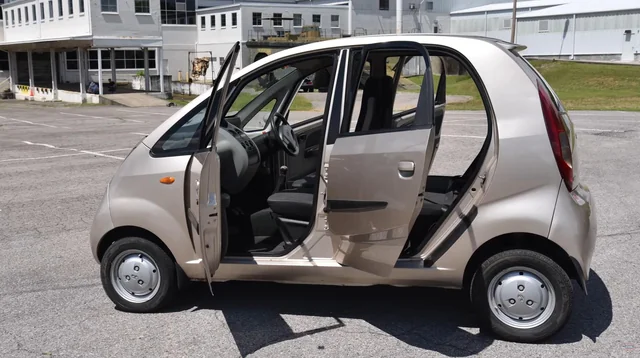
Market Challenges and Discontinuation
Although the Nano gained significant media attention and initial curiosity, it faced challenges in gaining widespread adoption. The car’s reputation as a “cheap” vehicle affected its desirability. Additionally, it faced safety concerns and encountered production challenges, including a relocation of the factory due to land disputes.
Ultimately, the Nano was discontinued in 2018 due to declining sales and changing market demands, but it remains a significant chapter in automotive history, recognized for its ambition to democratize car ownership.
Tata Nano Car Price
Tata Nano Car Price In India Start Rs 2.05 Lakh To 2.97 Lakh Ex Showroom.
Last Updated On 12, November 2024.



